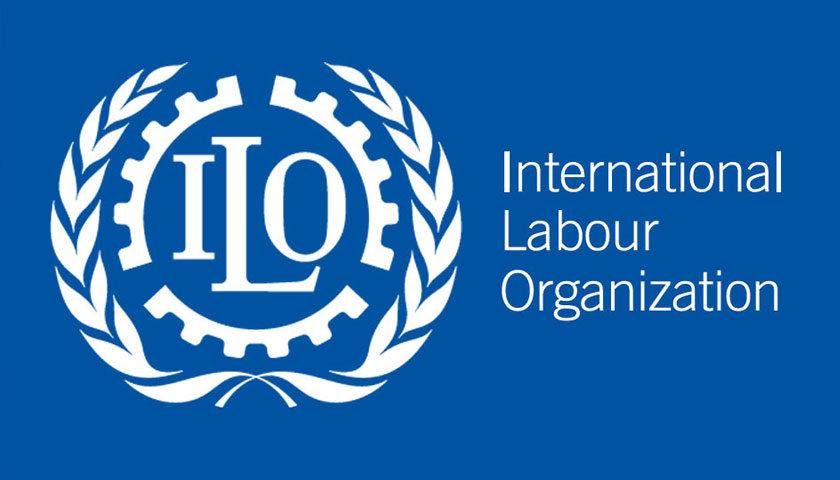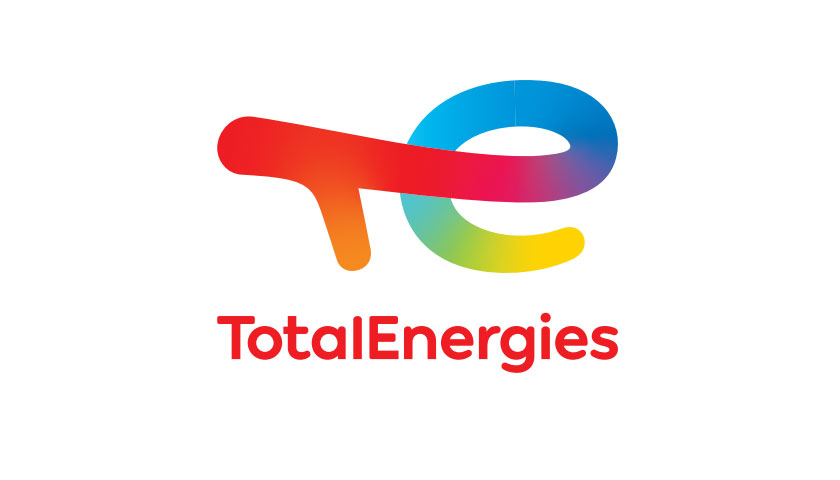The International Labour Organization (ILO) and the International Women’s Coffee Alliance (IWCA) have signed a Memorandum of Understanding (MOU) that establishes a collaborative partnership that aims to create a safer, more sustainable coffee supply chain for women in the international coffee community.
The IWCA facilitates programmes and partnerships in support of their global chapter network, representing women in 29 countries who depend on coffee for their livelihoods. Engaging with the ILO’s Vision Zero Fund will provide IWCA chapter members with valuable opportunities to attend technical trainings and improve their occupational health and safety knowledge.
The ILO’s Vision Zero Fund promotes collective action that mobilizes a wide range of stakeholders, including global business, to develop and implement joint solutions to address endemic safety and health challenges in global supply chains. It is active in the agriculture, construction, garment and textile supply chains, and currently implements projects in eight countries on three continents.
IWCA Global Executive Director, Sarada Krishnan said “Women face many occupational hazards that are rarely recognized, since women’s work in the household or farm are culturally not considered as professional endeavours. To overcome this and to make the women’s work environment safe, women-specific training programmes need to be offered. I am thrilled about our partnership with the International Labour Organization, which will allow us to develop gender specific interventions through joint trainings, research and events.”
“Because of the different jobs, responsibilities and social roles of women and men, they face different physical and psychological risks in the workplace, meaning different responses are needed if safety and health policies and prevention strategies are to be effective,” said ILO Vision Zero Fund’s Global Programme Manager, Ockert Dupper. “Our new partnership with the IWCA will support joint research and give us a better understanding of the risks and hazards faced by women in the coffee sector. It will also help us ensure that interventions, training and campaigns are designed to take gender into account. The IWCA’s worldwide network will help to ensure that knowledge, tools are widely shared and so make a real difference.”
ILO and IWCA sign MOU to improve occupational safety and health of women in the coffee sector


